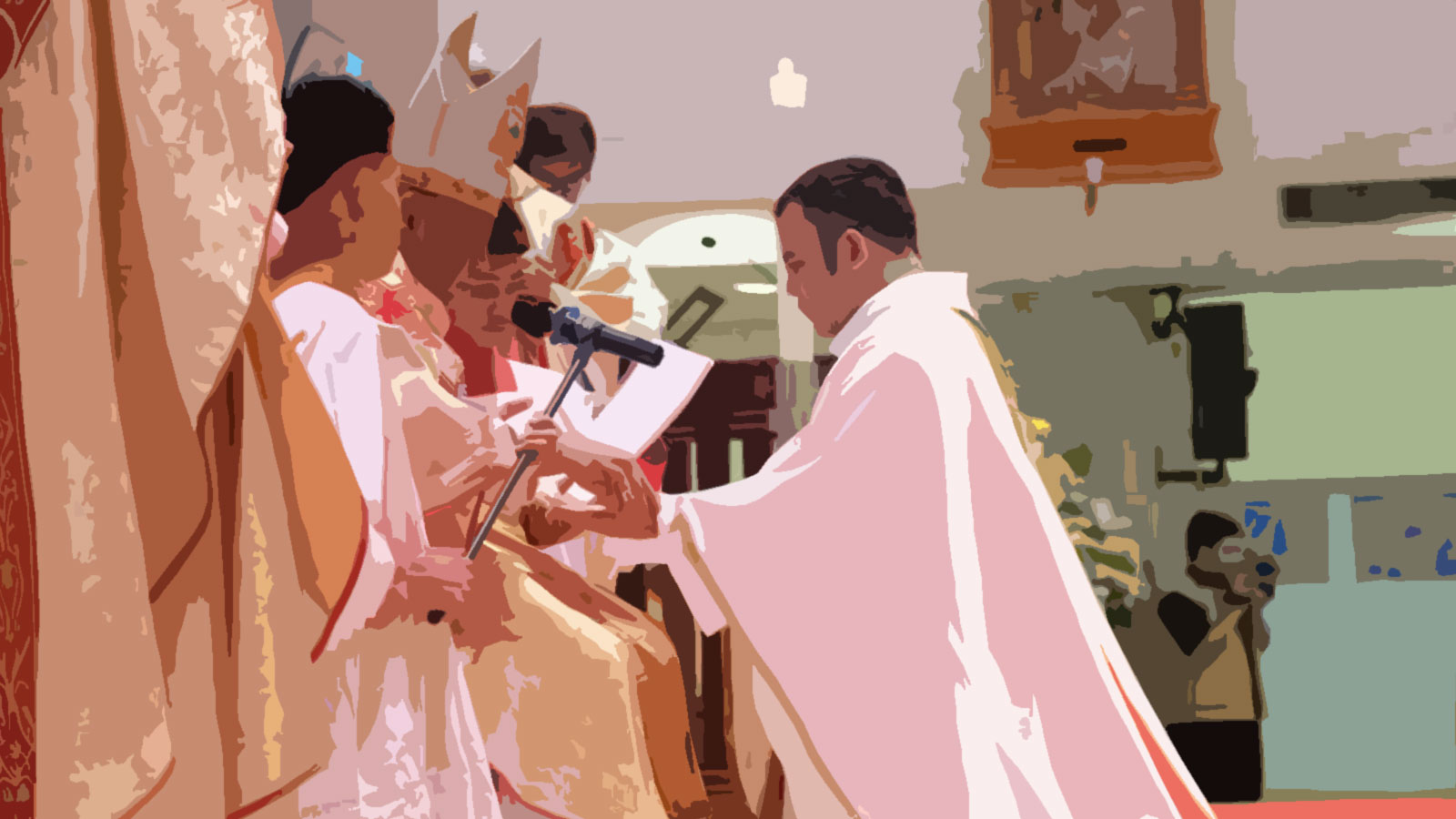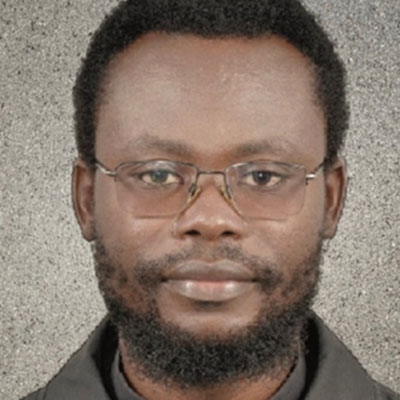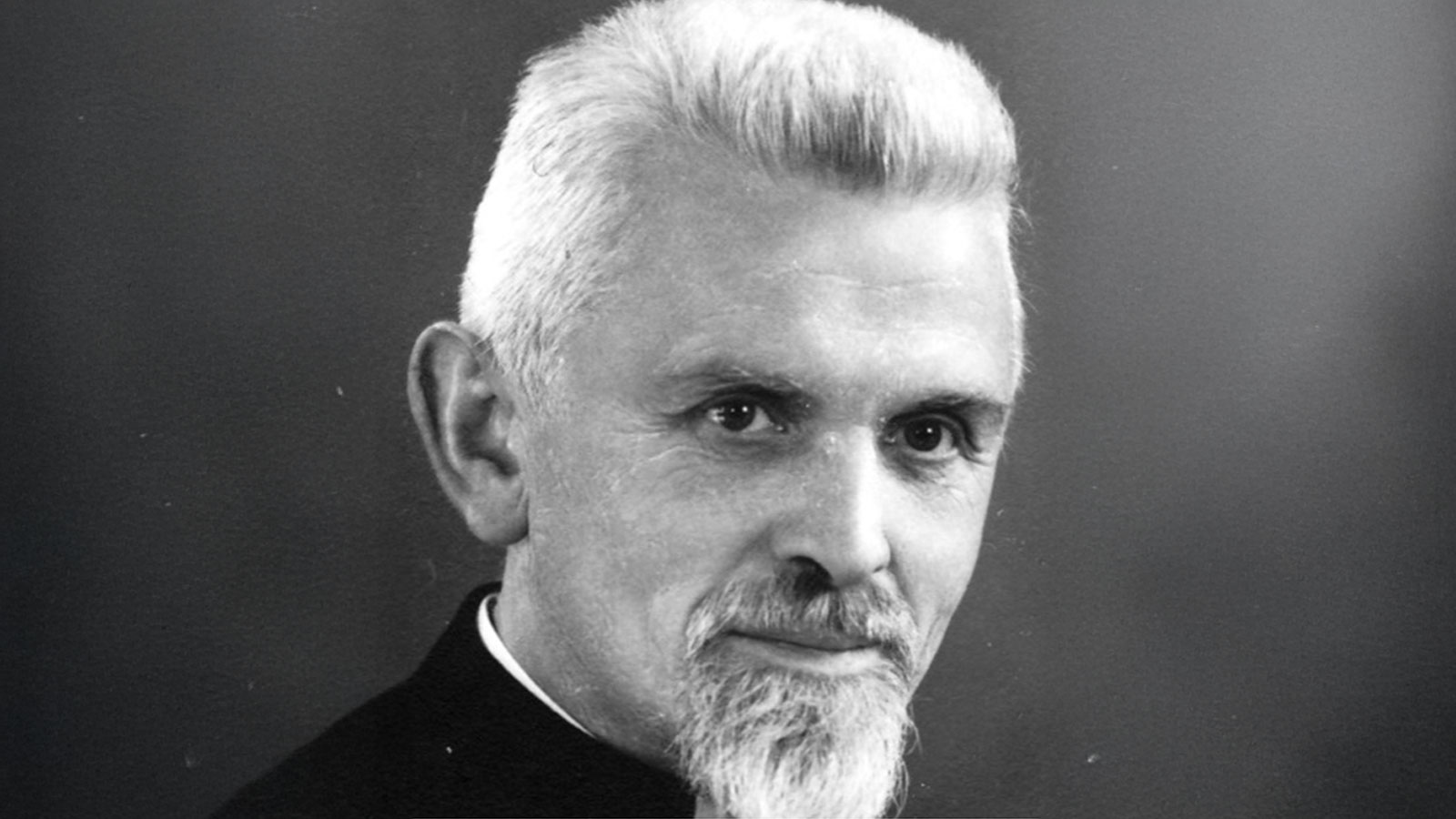 By Jan Hoet, cicm
By Jan Hoet, cicm
I have been a missionary in Haiti for forty-seven years (1967–2014). My notion of mission has evolved over these forty-seven years. This prompts me to share the following reflections:
Mission is certainly no longer what it used to be for many people at the time of the colonization: to convert pagans or, later, to bring the true faith and development to poor and illiterate people. Somehow, this last vision was still accepted at the time of my training.
Today, I rather want to define a missionary as follows:
A true missionary is someone who behaves like a citizen of the world with a Christian inspiration as foundation. He is a stranger in his home country as well as in the country where he resides as a missionary. He calmly takes note of this situation that does not make him unhappy. Very grateful for being accepted by the members of the society that welcomes him, he tries to be present in this very society in a humble and attentive way.
A true missionary rereads the Gospel in the context of the new country in which he lives, and he is prepared to reread the gospel with the people. He wants to join his new friends in their condition of poverty, exploitation, insecurity and political instability. With them he looks for ways to get out of this situation. He shares the frustration and helplessness of the people and with them he wants to find ways to gain true human dignity.
A true missionary is the spare wheel of the old jeep with which he has to travel. He does not want to be the driver.
 This spare wheel is rather invisible. It is the driver who decides on the objective of the trip. The missionary is a passenger on an anguishing road, because the driver is driving recklessly without respecting the traffic rules.
This spare wheel is rather invisible. It is the driver who decides on the objective of the trip. The missionary is a passenger on an anguishing road, because the driver is driving recklessly without respecting the traffic rules.
A true missionary wants to free his mind from the idea that he knows everything and that the values that he knows and appreciates are the best. He tries to become a Haitian with the Haitian people, but without losing his own identity. He keeps in mind that he is a foreigner. He sincerely remains himself and gives humbly witness to what inspires him and to the motives of his attitudes and deeds. He wants to be a mirror for those who are different from him so that they may know themselves better and discover their own values and wealth when facing somebody who is different.
The missionary is not a professor lecturing from a pulpit to inculcate knowledge and “truth” in his students. He is rather the student who allows himself to be evangelized by the poor and the little ones of this world.
The missionary is somebody who is happy to celebrate the Eucharist with poor people while allowing himself to be touched by the depth of the messages that they discover in the Bible and the strength they draw from sharing this word and this communion.
Yes, to be a missionary remains an exciting and very valuable challenge.







